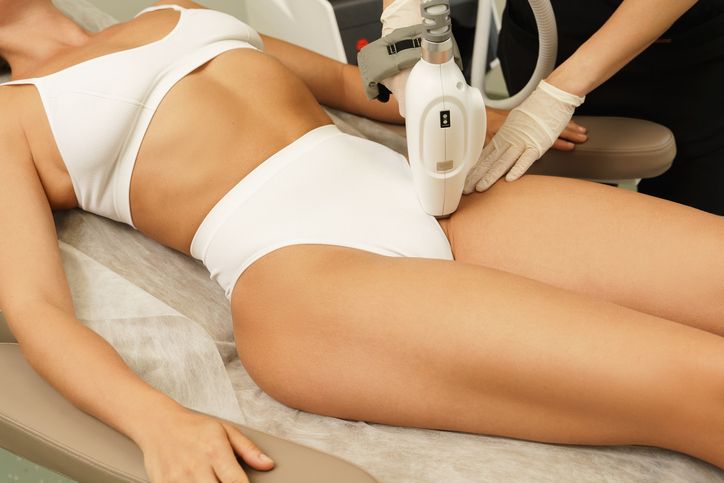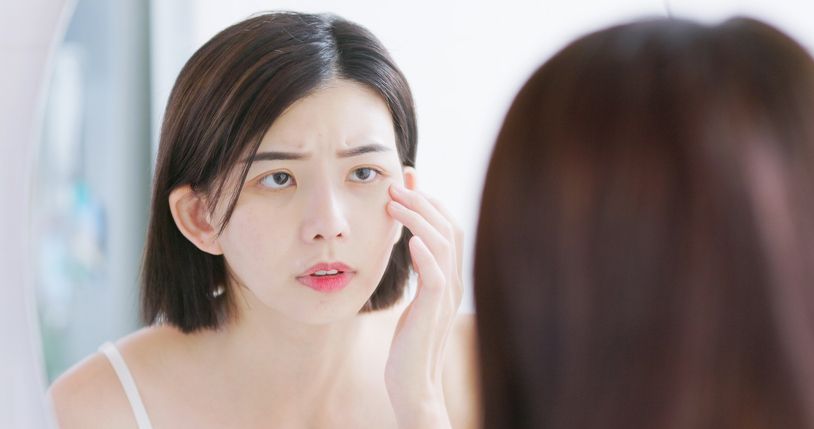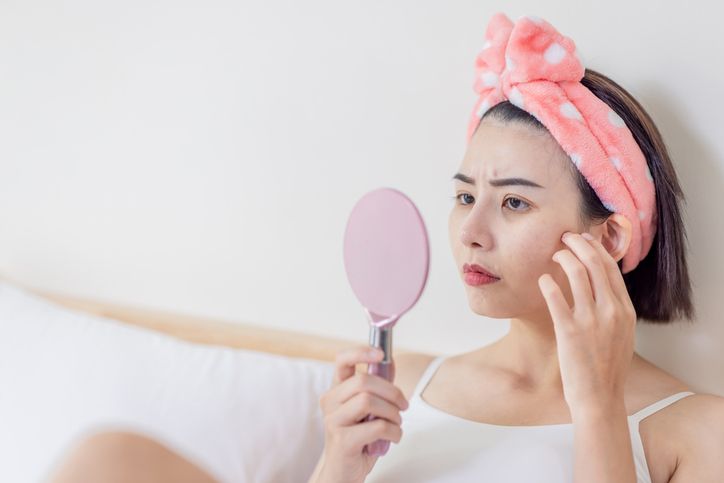- Home
- Trend
- Weight Loss Strategies
- Acne Tips
- Hair Health Information
- Blemish Removal Tips
- Acne Scar Removal Tips
- Muscle Building Techniques
- Intimate Care Tips
- Postpartum Intimate Care
- Eye Bags Wiki
- Tips for Face Slimming
- Secret of Permanent Hair Removal
- Breast Enlargement Tips
- Cure to Snoring
- Marionette Lines
- Skin-Tightening Secrets
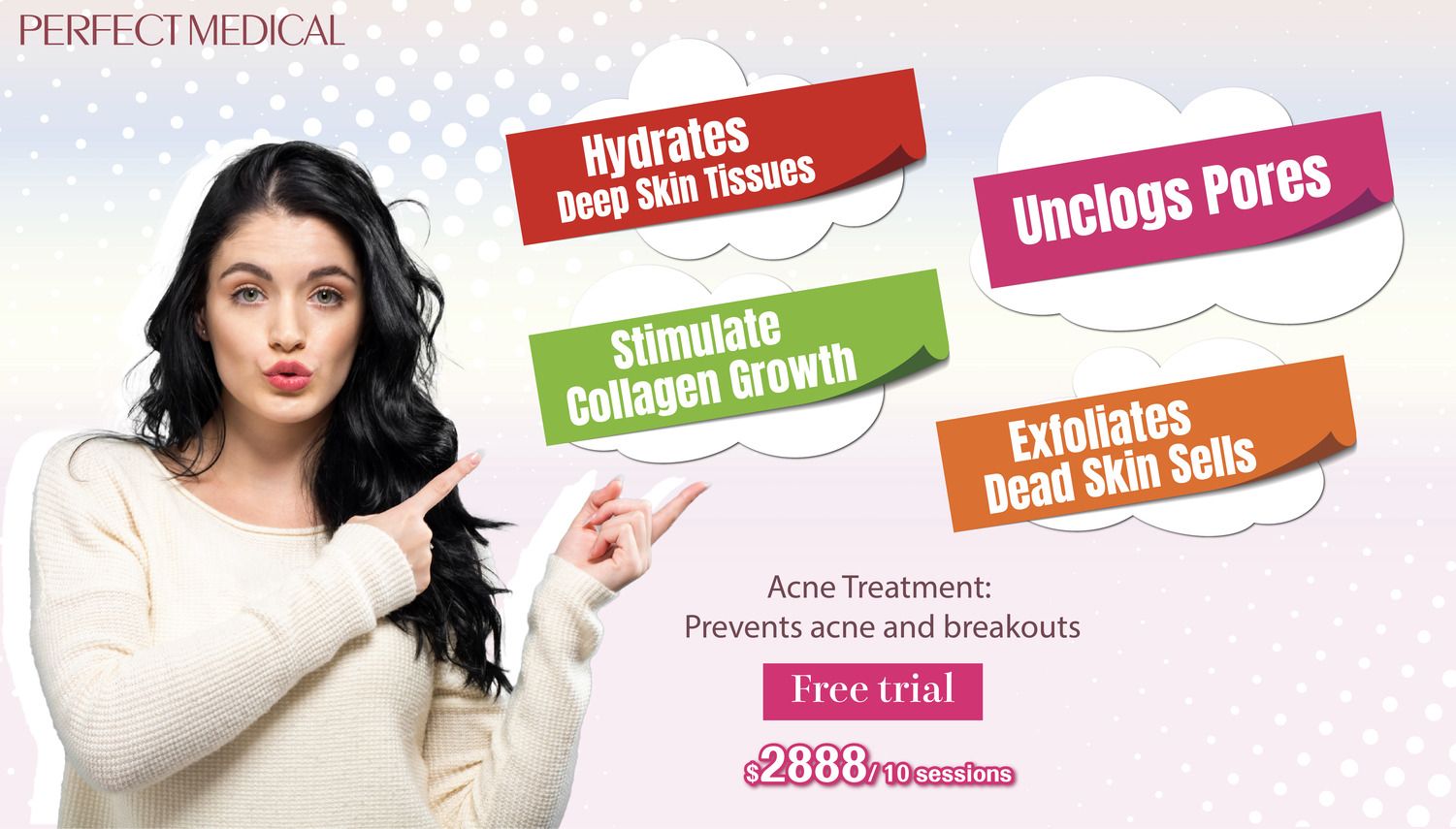
免費體驗
Acne Treatment
1 Minute Self-Registration
Date should not be before minimal date
Acne is a widespread skin condition that affects millions of individuals globally. It is often a source of frustration and embarrassment, prompting many to seek effective treatments. Among the plethora of options available, acne creams emerge as a popular choice. However, there are so many creams out there. How can we know what is good for our skin?
1
Why Do I Have Acne Prone Skin?
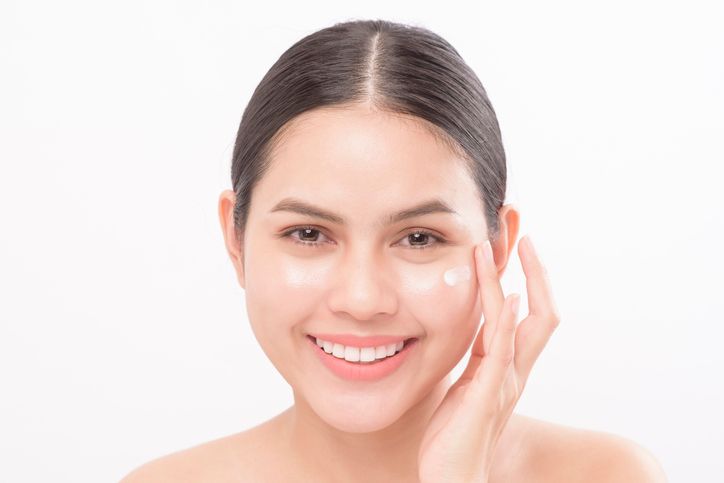
The efficacy of acne creams depends on the underlying causes of acne. This common skin condition arises from a combination of factors, including excess oil production, clogged pores, bacterial activity, and inflammation. The diverse manifestations of acne—whiteheads, blackheads, papules, pustules, nodules, and cysts—require tailored approaches for effective management.
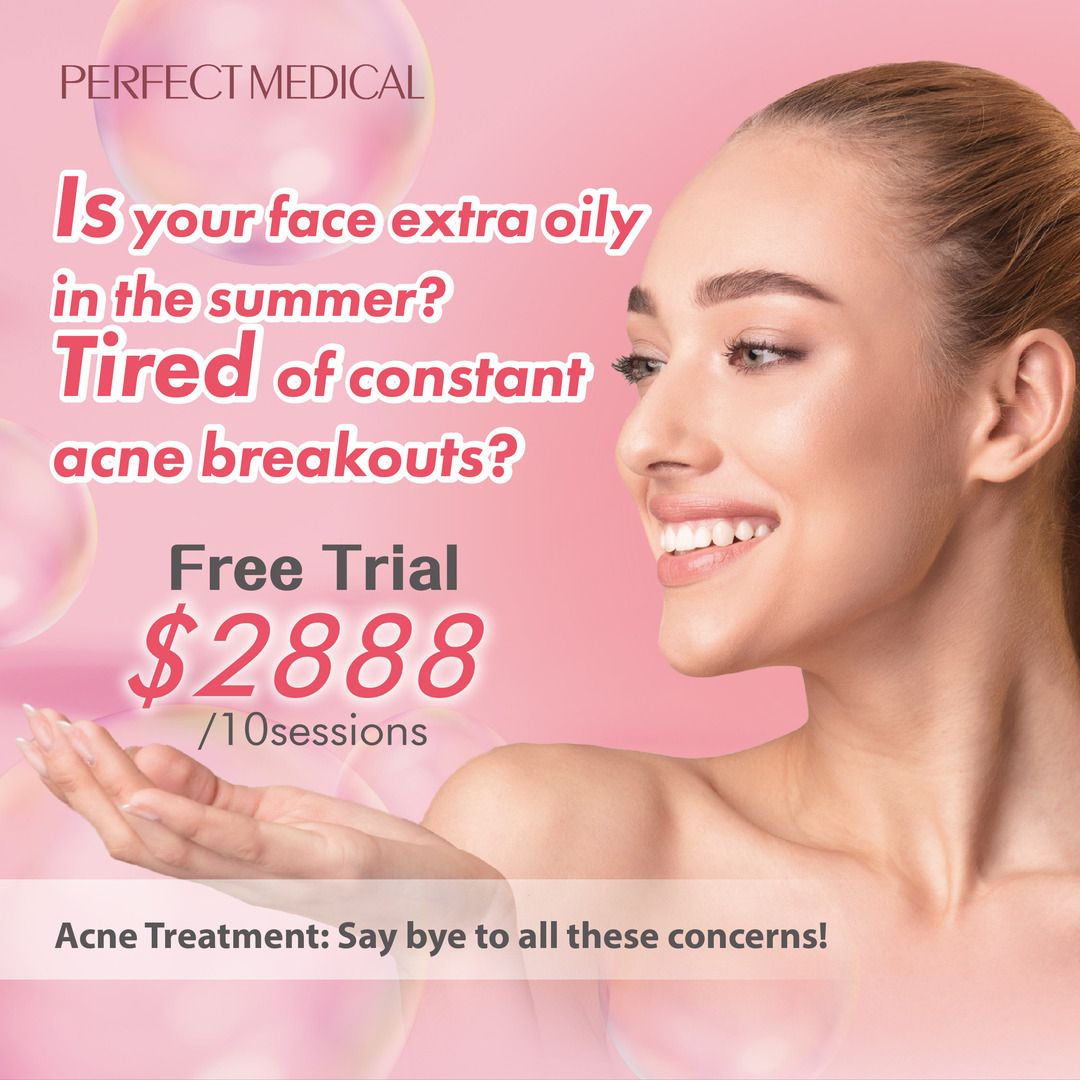
2
How Different Kinds of Acne Cream Assists in Treating Acne
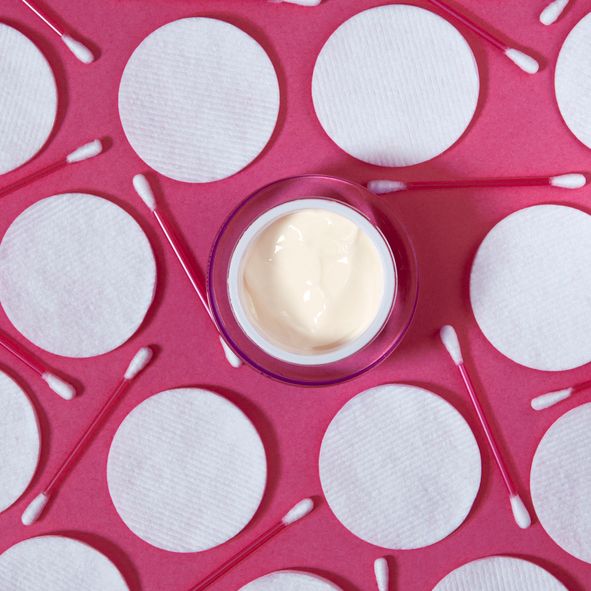
Acne creams, also known as topical treatments, are essential in addressing various aspects of acne by leveraging specific active ingredients. These formulations are designed to combat different types of acne, providing targeted solutions for diverse skin concerns. Let's delve into the specific components and understand the types of acne they are particularly effective against:
Benzoyl Peroxide
Targeted Use: Benzoyl peroxide is a versatile ingredient effective against various types of acne, making it a staple in many acne creams.
Acne Types: Ideal for inflammatory acne, including cystic acne or pustules and papules, benzoyl peroxide's potent antibacterial properties specifically target the Propionibacterium acnes bacteria associated with acne. Moreover, its oil-reducing capabilities create an environment less conducive to acne development.
Salicylic Acid
Targeted Use: Salicylic acid is particularly effective against non-inflammatory acne types.
Acne Types: Well-suited for non-inflammatory acne such as blackheads and whiteheads, salicylic acid's exfoliating properties work by dissolving dead skin cells. This action unclogs pores and hinders the formation of new acne lesions, making it a go-to solution for these specific types of blemishes.
Retinoids
Targeted Use: Retinoids are beneficial for various types of acne, particularly those involving pore blockages and inflammation.
Acne Types: Derived from vitamin A, retinoids are powerful in preventing pore blockages by enhancing skin cell turnover. They are effective against both inflammatory and non-inflammatory acne. Additionally, retinoids possess anti-inflammatory properties, making them suitable for reducing redness and swelling associated with acne lesions.
Antibiotics
Targeted Use: Antibiotics in acne creams are employed to combat bacterial overgrowth on the skin's surface.
Acne Types: Topical antibiotics, like clindamycin and erythromycin, are particularly useful in treating inflammatory acne. By reducing the population of acne-causing bacteria, they help alleviate the severity of lesions such as pustules and papules.
Azelaic Acid
Targeted Use: Effective for various types of acne, with additional benefits for post-inflammatory hyperpigmentation.
Acne Types: Azelaic acid is versatile, suitable for both inflammatory and non-inflammatory acne. It works by reducing inflammation, unclogging pores, and inhibiting the growth of acne-causing bacteria. Additionally, it has been shown to fade post-inflammatory hyperpigmentation, making it a valuable component for those concerned about lingering acne marks.
Incorporating azelaic acid into the discussion emphasises its role as a multifaceted ingredient, offering benefits for a broad spectrum of acne types and addressing post-inflammatory concerns. As with other active ingredients, understanding your specific skin needs and the type of acne you're dealing with will guide you in selecting the most suitable acne cream for a personalised skin care approach.
3
The Pros of Using Acne Creams
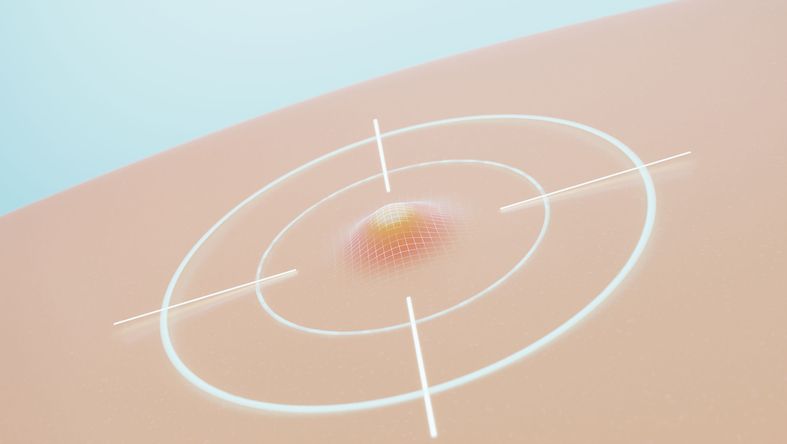
Embracing acne creams as a fundamental component of a skincare regimen offers a range of advantages, each contributing to a comprehensive and targeted approach in managing acne.
1. Targeted treatment
Acne creams excel in their ability to provide targeted treatment. They can address specific aspects of acne, tailoring their approach to the type and severity of the condition. This targeted action allows for a more efficient and effective response to individual skin concerns.
2. Over-the-counter accessibility
The accessibility of many effective acne creams over the counter is a notable benefit. This accessibility means that individuals can promptly access and use these products without the need for a prescription. This convenience is particularly advantageous for those seeking immediate relief or preventive measures.
3. Prevention of new lesions
Consistent use of acne creams contributes to the prevention of new acne lesions. By incorporating these products into a regular skincare routine, individuals can proactively manage and improve their skin condition over the long term. This preventive aspect is crucial for maintaining clear and healthy skin.
4. Improved skin texture
Certain ingredients, such as retinoids found in some acne creams, play a key role in promoting smoother and more even skin texture. By stimulating cell turnover, these ingredients contribute to the renewal of the skin's surface, diminishing the appearance of acne-related imperfections and enhancing overall skin quality.
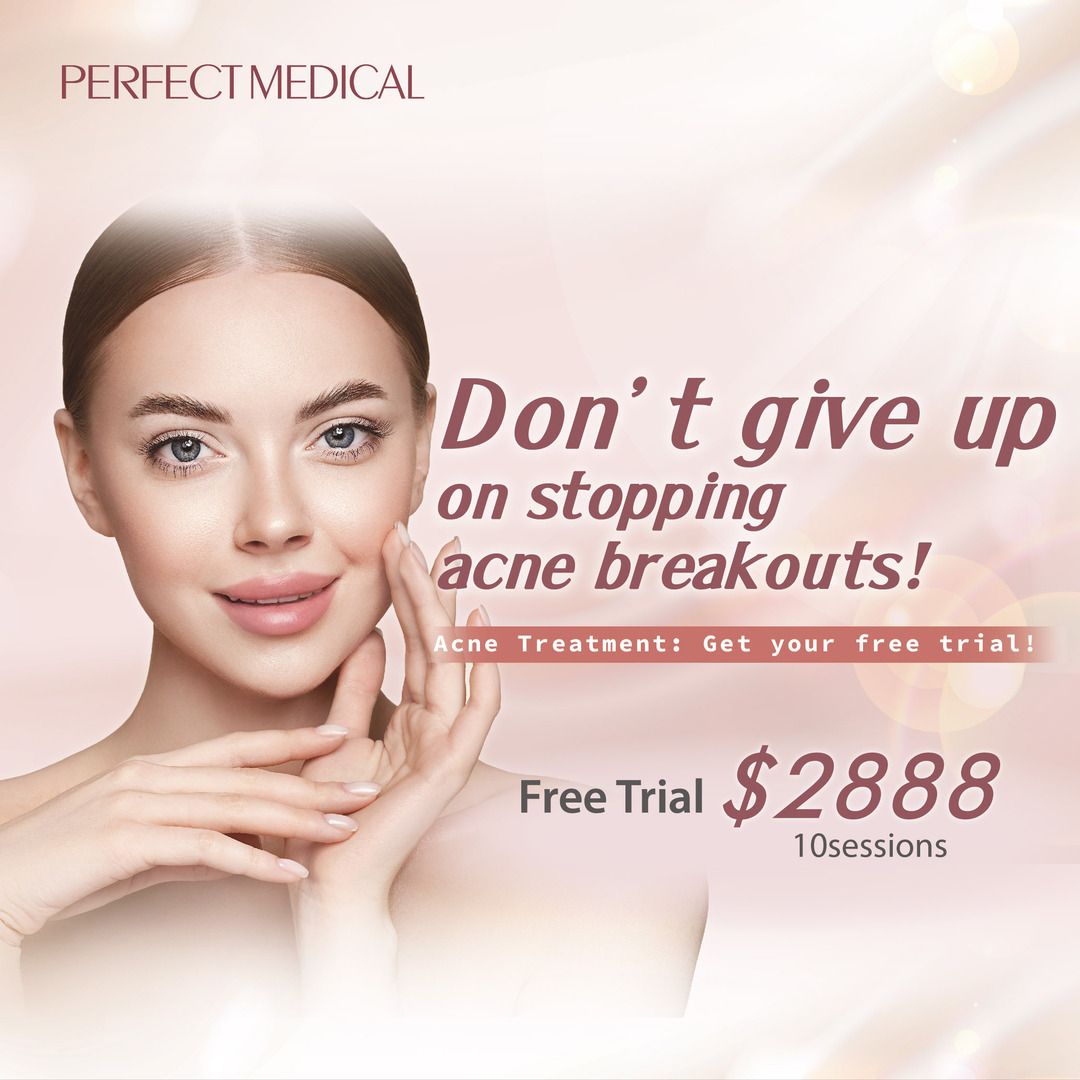
4
Potential Risks When You Use Creams to Treat Acne

While the benefits of acne creams are significant, users should be mindful of potential risks and considerations to ensure a safe and effective skincare experience.
Skin irritation
Some individuals may experience skin dryness, redness, or peeling when using acne creams. To minimise the risk of irritation, it is advisable to start with a lower concentration of the product and gradually increase it as tolerated. This approach allows the skin to adjust to the treatment over time.
Allergic reactions
Certain ingredients in acne creams may trigger allergic reactions in sensitive individuals. Conducting a patch test before widespread application is recommended, particularly for those with known sensitivities or allergies. This precautionary measure helps identify and prevent adverse reactions.
Sun sensitivity
Caution is essential when using acne creams, especially those containing retinoids, as they can increase sensitivity to sunlight. Adequate sun protection, such as the use of sunscreen, is crucial to prevent sunburn and minimise the risk of long-term sun-related damage.
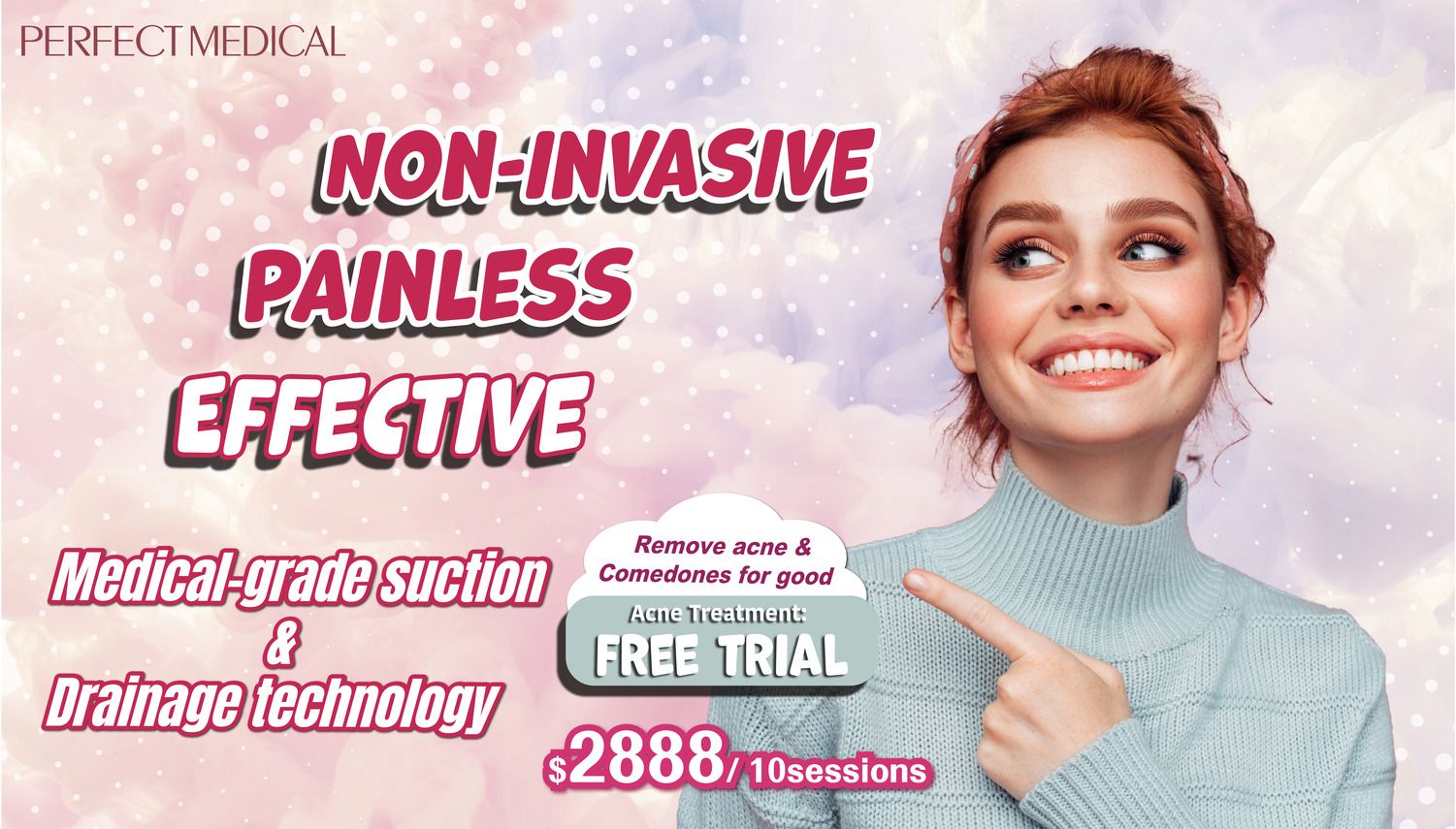
免費體驗
Acne Treatment
1 Minute Self-Registration
Date should not be before minimal date
5
Should I Use Acne Cream or Acne Gel? Which One Is the Best Acne Solution?
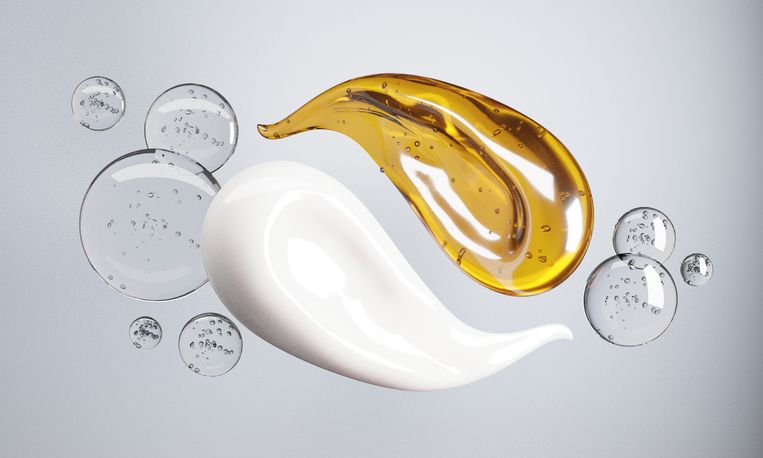
Acne creams and acne gels are both topical treatments designed to address acne-related concerns, but they differ in their formulations and textures. Here's a breakdown of the characteristics of acne creams and acne gels:
Acne creams
1. Formulation - Acne creams typically have a thicker and more emollient consistency compared to gels. - They often contain a combination of water and oil-based ingredients, providing a moisturising effect.
2. Key ingredients - Acne creams may include a variety of active ingredients, such as benzoyl peroxide, salicylic acid, retinoids (like tretinoin or adapalene), and antibiotics (like clindamycin).
3. Moisturising properties - Due to their creamier texture, acne creams can offer some level of moisturization, which can be beneficial for individuals with dry or sensitive skin.
4. Suitability - Acne creams are generally suitable for a range of skin types, but individuals with oily skin might find them a bit heavy.
5. Usage - They are often recommended for nighttime use, as some ingredients, especially retinoids, can make the skin more sensitive to sunlight.
Acne gels
1. Formulation - Acne gels have a lighter, gel-like consistency that is water-based and tends to be less oily. - They are often preferred by individuals with oily or acne-prone skin due to their non-comedogenic nature.
2. Key Ingredients - Similar to acne creams, acne gels may contain active ingredients like benzoyl peroxide, salicylic acid, or retinoids. The specific formulation can vary between products.
3. Absorption - Gels are known for being quickly absorbed into the skin, making them a popular choice for individuals who prefer a lightweight feel.
4. Mattifying Effect - Acne gels can provide a mattifying effect, making them suitable for those who want to avoid a shiny or greasy appearance on the skin.
5. Daytime Use - Acne gels are often recommended for daytime use, as they are less likely to contribute to a heavy or oily feeling on the skin. They can be easily layered under makeup or sunscreen.
Choosing between acne creams and acne gels
Skin Type: Consider your skin type. If you have dry or sensitive skin, an acne cream with moisturising properties might be suitable. If you have oily or acne-prone skin, an acne gel could be a better fit.
Time of Use: Some individuals prefer using acne creams at night due to their moisturising properties, while acne gels are often chosen for daytime use.
Ingredient Preferences: Pay attention to the specific active ingredients in the product. Different formulations may have varying concentrations of key ingredients, and individual responses can vary.
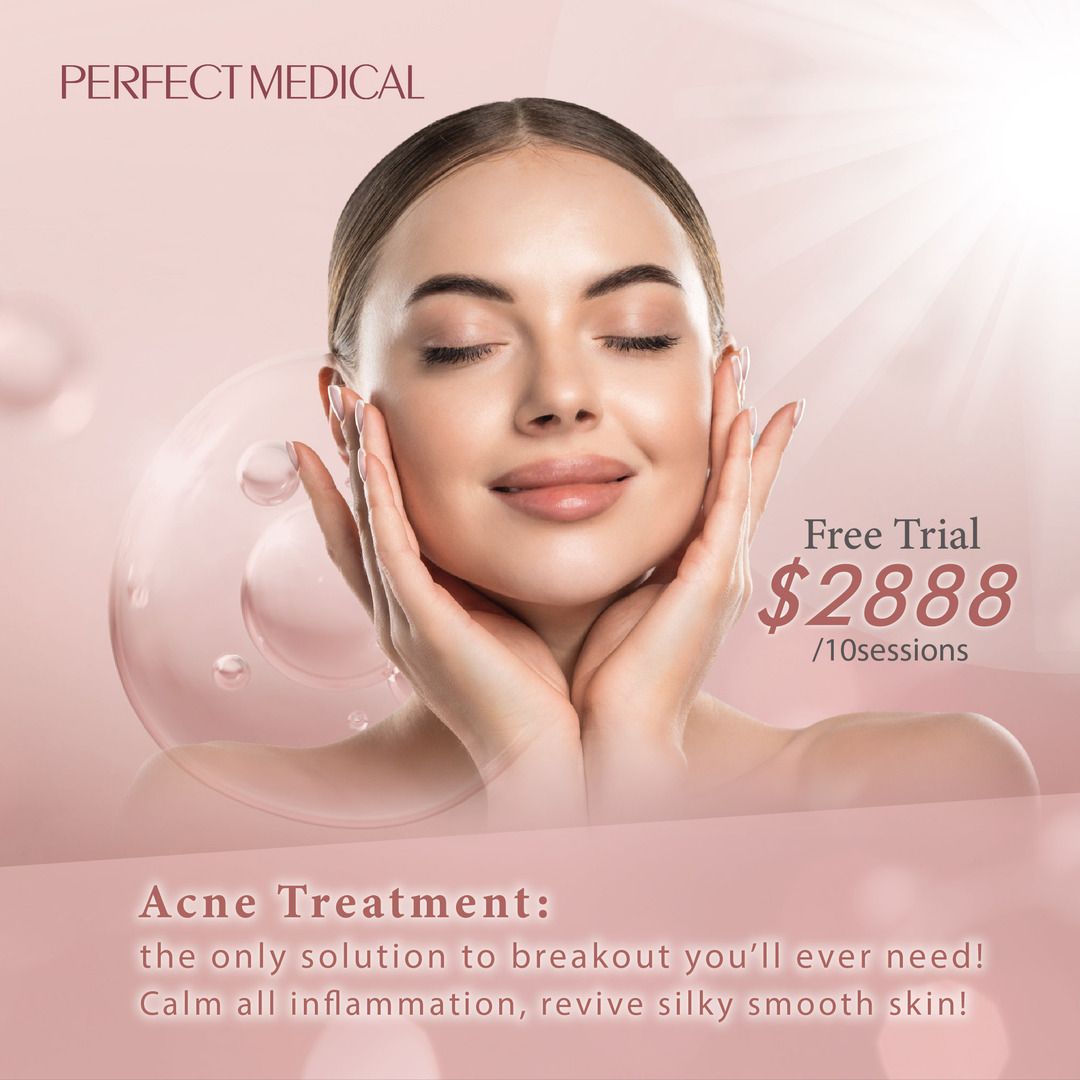
6
Choosing the Right Acne Cream

If you fall into the category of using acne cream is better, choosing the right acne cream is a crucial step for you to have an effective skincare routine. The selection process involves considering various factors to ensure optimal results. Here's a detailed exploration of the key aspects to keep in mind:
Consider your skin type
Different skin types have different needs and reactions to skincare products. Before choosing an acne cream, identify your skin type. Is it oily, dry, combination, or sensitive? Understanding your skin's characteristics helps in selecting a product that aligns with its specific requirements. For example, individuals with oily skin might benefit from oil-free or gel-based acne creams, while those with dry skin may opt for formulations with added moisturising properties.
Read and understand labels
Product labels are a wealth of information that can guide you in making an informed decision. Carefully read the labels of acne creams to identify active ingredients and potential allergens. Look for products that are labelled as non-comedogenic, meaning they are less likely to clog pores and exacerbate acne. Pay attention to active ingredients like benzoyl peroxide for its antibacterial properties, salicylic acid for exfoliation, or retinoids for promoting skin renewal. Being aware of the ingredients ensures that the chosen product aligns with your skincare goals and doesn't contain components that may cause adverse reactions.
Example: If you have sensitive skin, you might opt for an acne cream labelled as "fragrance-free" or "suitable for sensitive skin." Alternatively, if your primary concern is blackheads, a product with salicylic acid could be a beneficial choice.
Start with a lower concentration
For individuals new to acne creams, it's advisable to start with a lower concentration. This approach allows your skin to acclimate to the active ingredients, reducing the risk of irritation or dryness. Beginning with a milder formulation lets you gauge how your skin responds and gives you the flexibility to increase the concentration gradually if needed. This is especially important for potent ingredients like retinoids or benzoyl peroxide.
Example: If you're incorporating a benzoyl peroxide-based acne cream into your routine, you might begin with a 2.5% concentration before progressing to higher levels, based on your skin's tolerance.
By considering these factors and following these guidelines, you can tailor your choice of acne cream to suit your individual needs, promoting a more effective and personalised approach to acne management.
- What is Rosacea? Top 6 Rosacea Treatments That Truly Works
- How to Get Rid of Blackheads Safely: 11 Skin Care Products and Home Remedies You Should Have Tried Already, According to Dermatologists
- What Is Blind Pimple? A Deeper Look Into What Is That And How You Can Fix It
- How to Fix Acne On Cheeks? 9 Things That You May Be Missing
7
Don't Like Acne Cream Or Want A Faster Result? Look for Perfect Medical

If you're dealing with acne-prone skin, be it mild acne or severe acne, the Acne Treatment by Perfect Medical could be a great fit for you. Unlike other usual acne treatments, this treatment uses vacuum microdermabrasion to clear your pores, reduce irritation, and help your skin shed naturally.
During the treatment, a dual spiral suction plus drainage process is applied to open up your pores and reduce the inflammatory effects of acne by getting rid of dead skin cells. After that, a moisturising serum is gently injected into your skin to boost collagen development and control sebum production. This is important because less oil means a lower chance of future acne breakouts.
This acne treatment isn't just for acne; it can tackle various skin issues like active acne, blemishes, blackheads, whiteheads, pockmarks, enlarged pores, dry skin, and even acne scars. The treatment works by moisturising your skin, promoting collagen synthesis, and decreasing sebum, ultimately minimising acne and blackheads. For even better and long-lasting results, you can combine it with other topical medications like retinoids or benzoyl peroxide.
So, not only does this treatment help your skin look and feel better, but it also targets the root causes of acne, giving you a smoother and more appealing appearance!
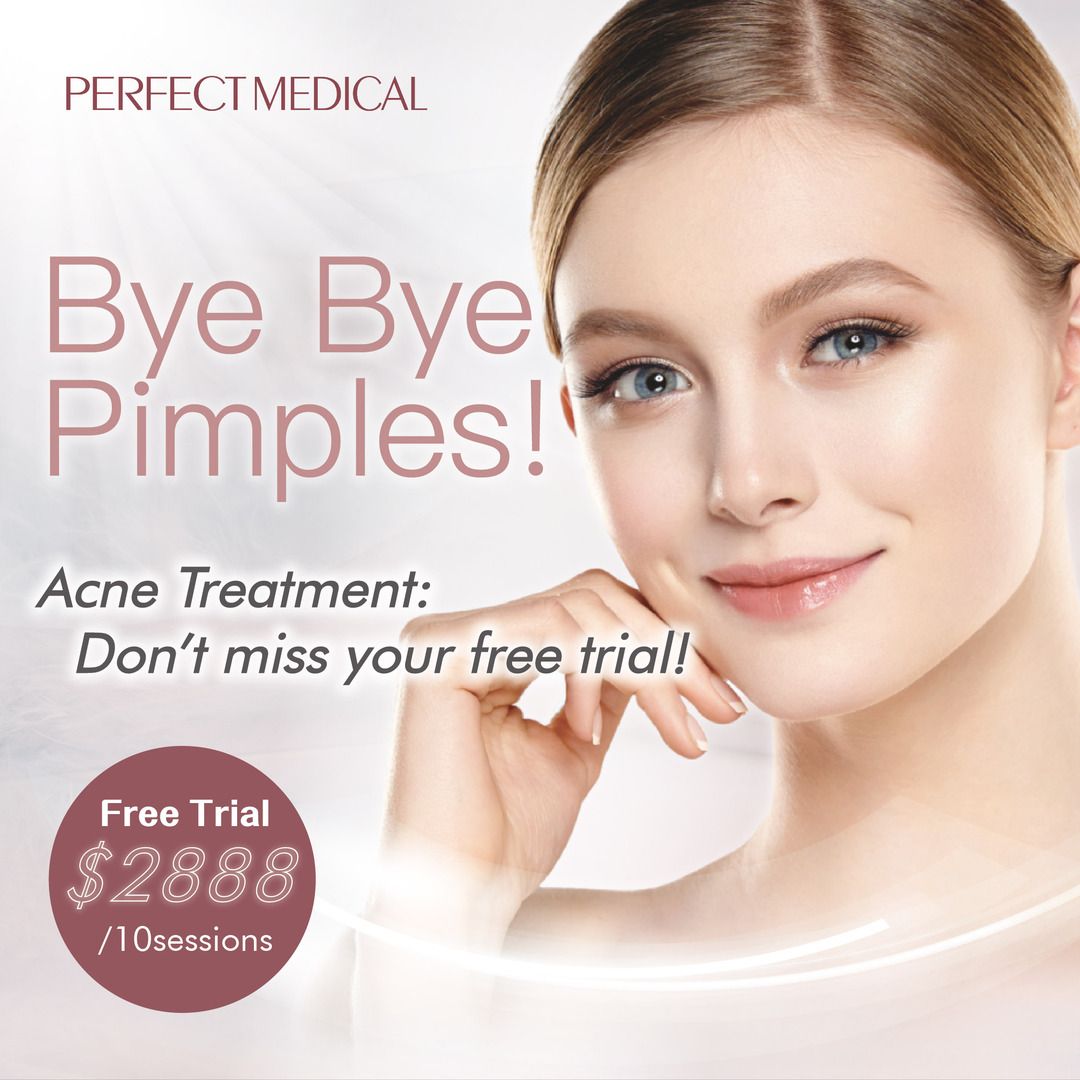
8
Before You Go

In conclusion, the effectiveness of acne creams depends on various factors, and what works for one person may not work for another. When used correctly and as part of a comprehensive skincare routine, acne creams can be a valuable tool in managing and preventing acne. However, it's crucial to be mindful of potential risks, so be sure to choose products and services based on your needs.
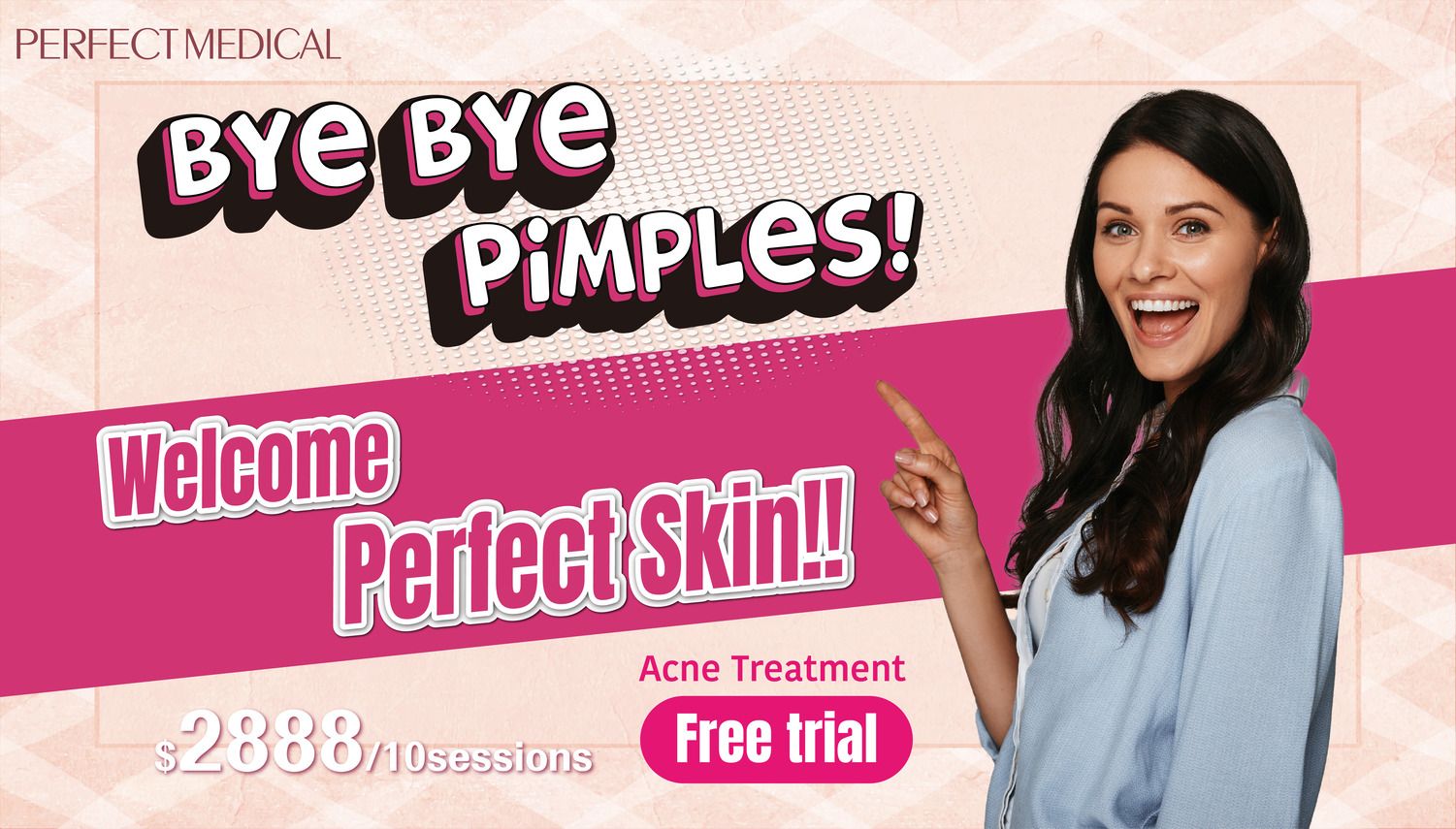
免費體驗
Acne Treatment
1 Minute Self-Registration
Date should not be before minimal date
FAQ

1. How does glycolic acid help with removing dead skin cells?
Glycolic acid is an alpha hydroxy acid (AHA) known for its exfoliating properties. It works by dissolving dead skin cells on the skin's surface, promoting a smoother complexion. Regular use of glycolic acid can contribute to a more radiant and even skin tone.
2. Can hyaluronic acid unclog pores?
No, hyaluronic acid does not have pore-unclogging properties. Instead, it is a hydrating ingredient that attracts and retains moisture. While it doesn't directly unclog pores, maintaining skin hydration can indirectly support overall skin health and prevent excessive dryness that might contribute to clogged pores.
3. How does unclogging pores contribute to clearer skin?
Unclogging pores is essential for clearer skin as it helps prevent the formation of acne lesions. When pores are clogged with dead skin cells, excess oil, and debris, it creates an environment conducive to the growth of acne-causing bacteria. Unclogging pores through exfoliation or other means helps reduce the likelihood of acne breakouts and promotes a smoother complexion.
4. Can products with hyaluronic acid be used to unclog pores?
While hyaluronic acid is not specifically designed to unclog pores, its hydrating properties can indirectly support overall skin health. Well-hydrated skin is less likely to produce excess oil as a compensatory mechanism, which can contribute to a healthier skin barrier and reduce the risk of pores becoming clogged.
5. How often should I exfoliate to dissolve dead skin cells and prevent clogged pores?
The frequency of exfoliation depends on the type of exfoliant used. For chemical exfoliants like glycolic acid, it's generally recommended 2-3 times a week. Over-exfoliation can lead to irritation, so it's essential to follow product instructions and monitor how your skin responds. Regular exfoliation helps dissolve dead skin cells, keeping pores clear and preventing acne.







